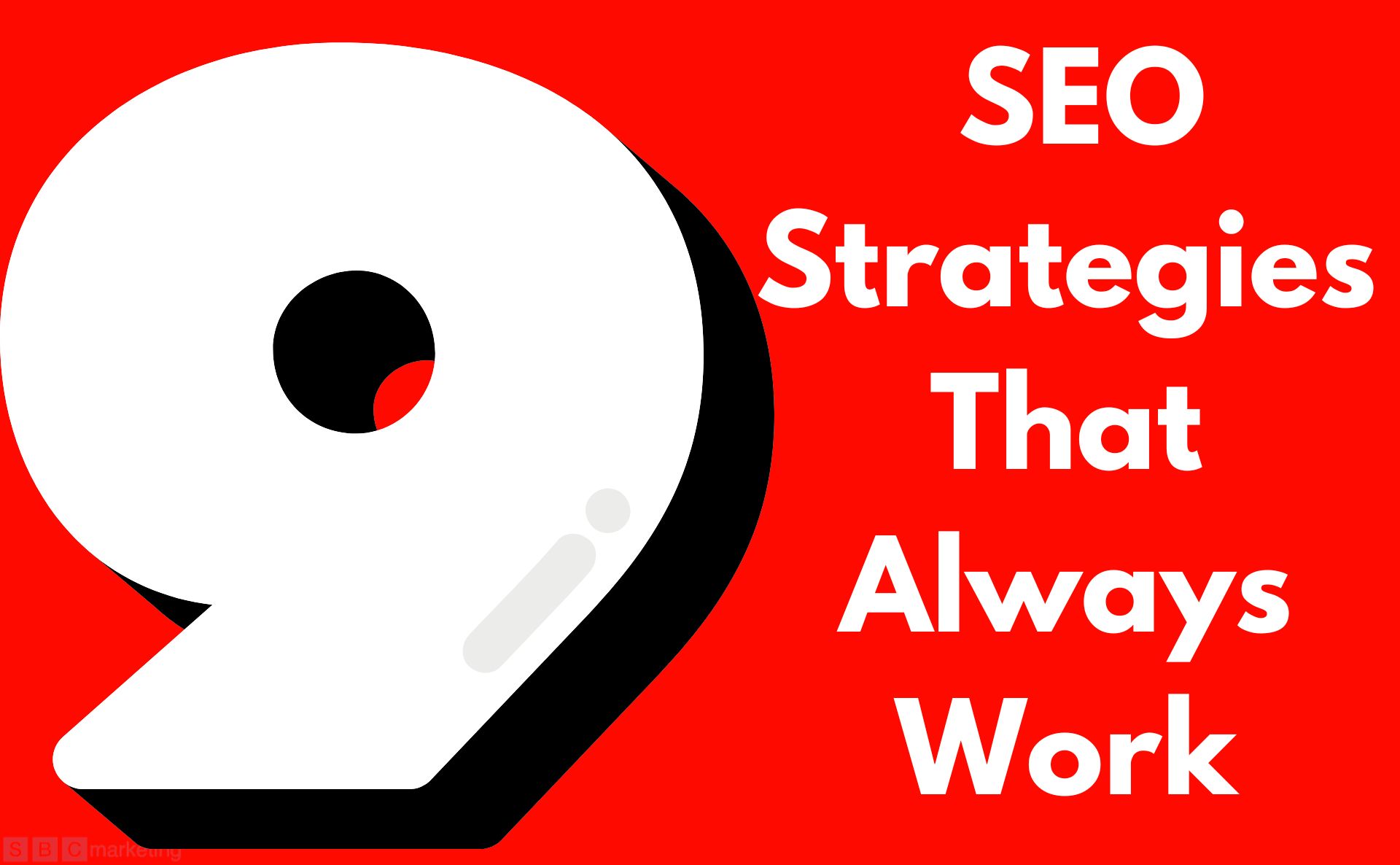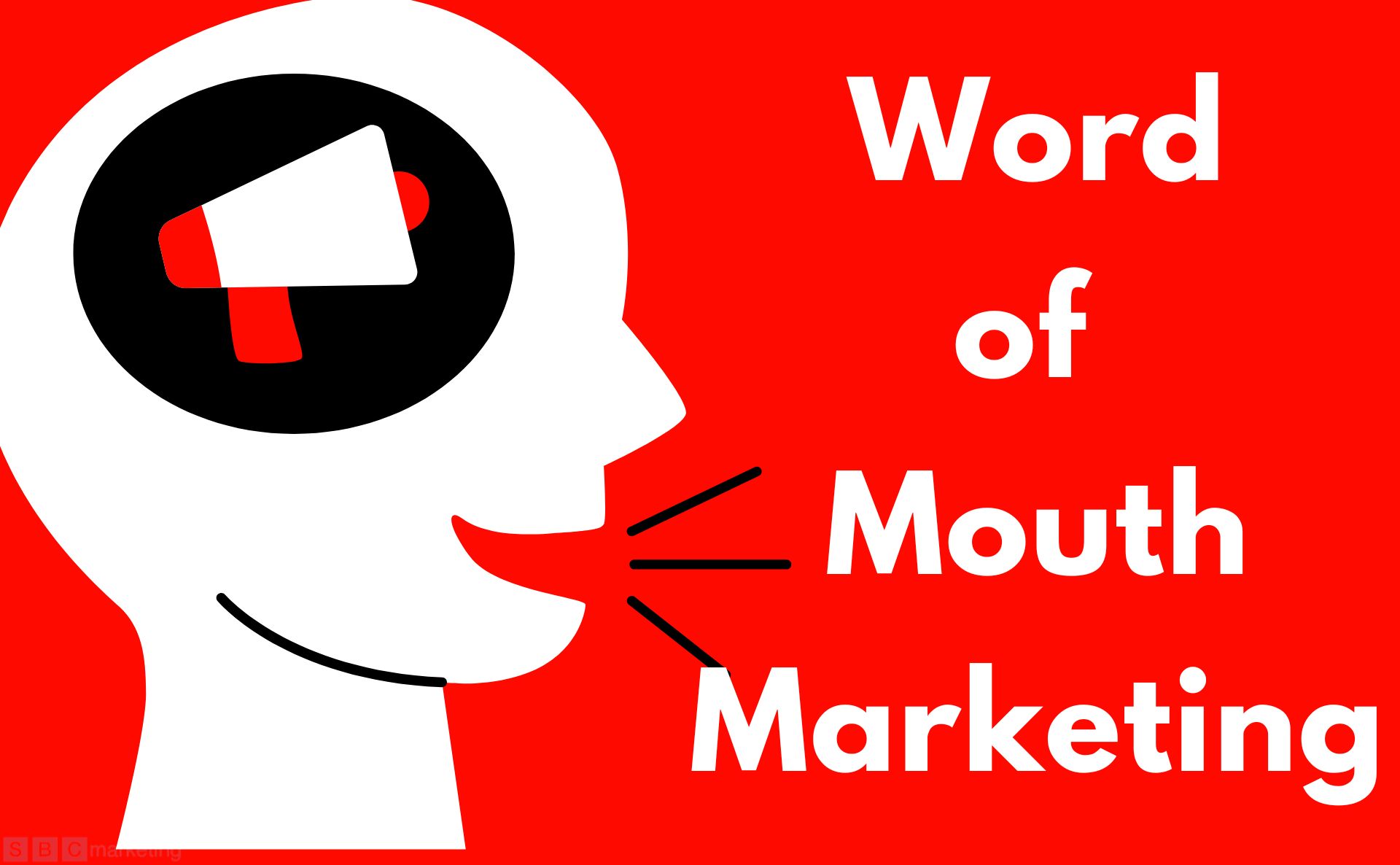Crafting a Winning Marketing Strategy: 7 Key Elements for Small Business Success
In today’s fiercely competitive business landscape, small businesses must employ a well-crafted marketing strategy to stand out in the crowd. Whether you’re launching a startup or looking to revamp your existing marketing approach, understanding the fundamental elements of a successful marketing strategy is paramount. This article delves into seven indispensable components that can help your small business thrive in the digital age.
1. Comprehensive Market Research
A solid marketing strategy begins with a deep understanding of your target market. Conduct thorough market research to identify your audience’s preferences, pain points, and purchasing behavior. This invaluable data will guide your marketing decisions and ensure that your efforts are focused on meeting the specific needs of your customers. Additionally, perform competitive analysis to gain insights into your rivals’ strategies and discover opportunities for differentiation.
2. Well-Defined Brand Identity
Your brand identity is the heart and soul of your business. It encompasses your company’s mission, values, and unique selling proposition (USP). Craft a compelling brand identity that resonates with your target audience and sets you apart from competitors. A strong and consistent brand image not only builds trust but also fosters brand loyalty among your customers.
3. A Robust Online Presence
In the digital age, having a robust online presence is non-negotiable. Create and optimize your website to ensure it ranks well on search engines. Implement a well-thought-out social media strategy to engage with your audience and drive traffic to your site. Consistency is key to maintaining an online presence that leaves a lasting impression.
4. Content Marketing Excellence
Content is king in the world of digital marketing. Develop a content marketing strategy that includes creating high-quality, informative, and engaging content. Blog regularly to showcase your industry expertise and provide value to your audience. Well-executed content marketing can establish your business as an authority in your niche.
5. Targeted Advertising Campaigns
Invest in targeted advertising campaigns to reach your ideal customers. Platforms like Google Ads and social media advertising allow you to hone in on specific demographics and interests. By allocating your budget wisely and creating compelling ad creatives, you can maximize your ROI and drive conversions.
6. Data-Driven Decision Making
Make informed marketing decisions by leveraging data and analytics. Monitor the performance of your marketing campaigns and website using tools like Google Analytics. Analyze the data to identify trends, assess the effectiveness of your strategies, and make adjustments as needed. Data-driven insights can lead to continuous improvement in your marketing efforts.
7. Customer Relationship Management (CRM)
Building and maintaining strong relationships with your customers is essential for long-term success. Implement a CRM system to organize customer data, track interactions, and personalize your communications. By nurturing existing customer relationships, you can increase customer loyalty and drive repeat business.
In conclusion, a well-crafted marketing strategy is the backbone of small business success. By incorporating these seven key elements into your strategy, you can position your business for growth, visibility, and profitability in today’s competitive marketplace. Remember that adaptability is crucial in the ever-evolving world of marketing, so be prepared to adjust your strategy as market dynamics change.
Here are five frequently asked questions (FAQs) related to the topic of small business marketing strategy, along with concise answers:
FAQ 1: Why is market research essential for small businesses?
Answer: Market research is vital for small businesses because it provides valuable insights into the target audience’s preferences, behaviors, and needs. It helps businesses understand their competition, identify growth opportunities, and make informed marketing decisions.
FAQ 2: How can I establish a unique brand identity for my small business?
Answer: To create a unique brand identity, define your business’s mission, values, and unique selling proposition (USP). Ensure that your branding strategy is consistent across all touchpoints, from your logo and website to your marketing materials and customer interactions.
FAQ 3: What are the benefits of maintaining a robust online presence?
Answer: A strong online presence increases your business’s visibility, credibility, and reach. It allows you to connect with a global audience, engage with customers on social media, and drive traffic to your website, ultimately boosting your chances of attracting and retaining customers.
FAQ 4: How can I measure the success of my marketing campaigns?
Answer: You can measure the success of your marketing campaigns by using tools like Google Analytics and social media insights. Track key performance metrics such as website traffic, conversion rates, click-through rates (CTR), and return on investment (ROI) to assess the effectiveness of your strategies.
FAQ 5: Why is customer relationship management (CRM) important for small businesses?
Answer: CRM is crucial for small businesses because it helps in organizing and managing customer data, improving communication, and enhancing customer retention. It allows businesses to personalize interactions, provide better customer support, and build long-lasting relationships, which can lead to increased loyalty and repeat business.
“Ready to take your small business to new heights with a winning marketing strategy?
Contact SBC Marketing London today for expert guidance and tailored solutions that drive success. Let’s embark on a journey to elevate your brand and achieve your business goals. Reach out to us now!”










